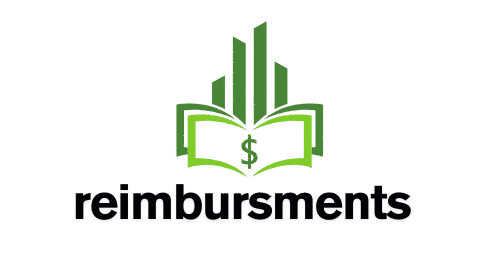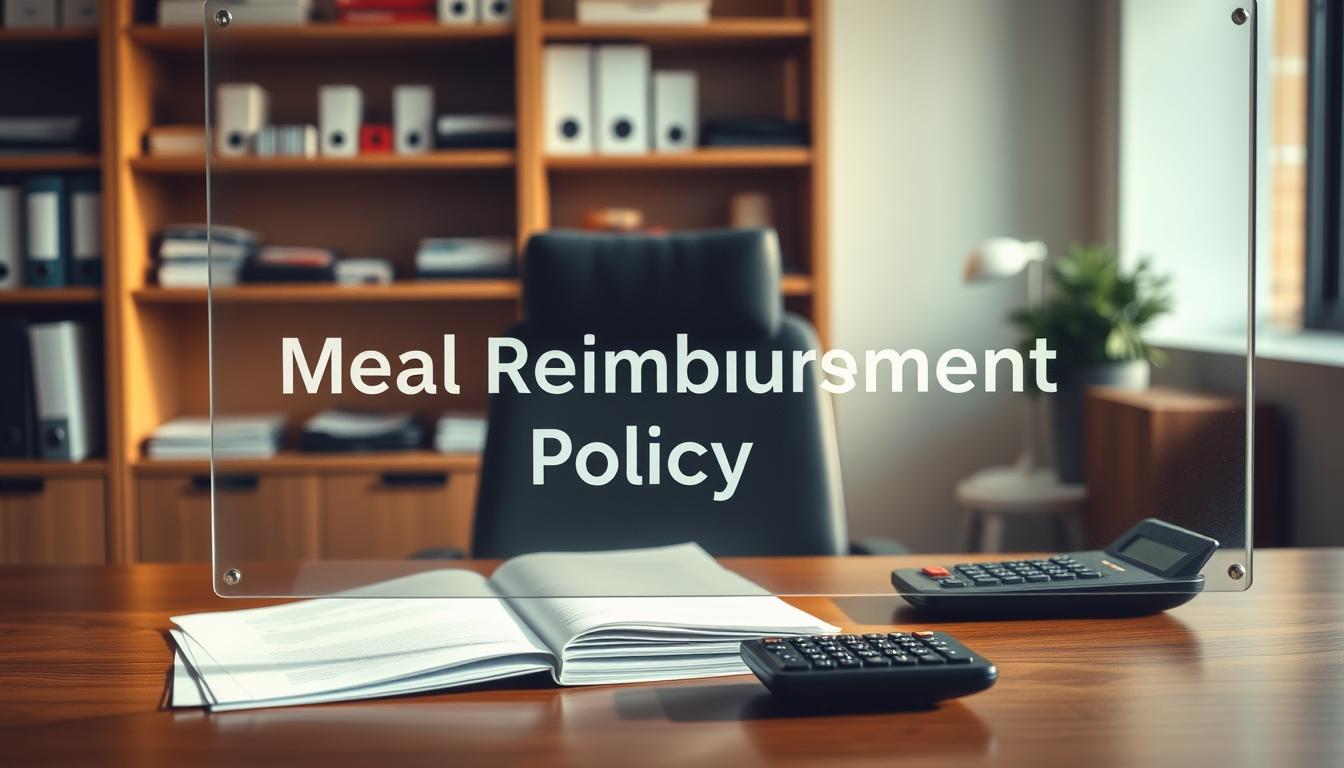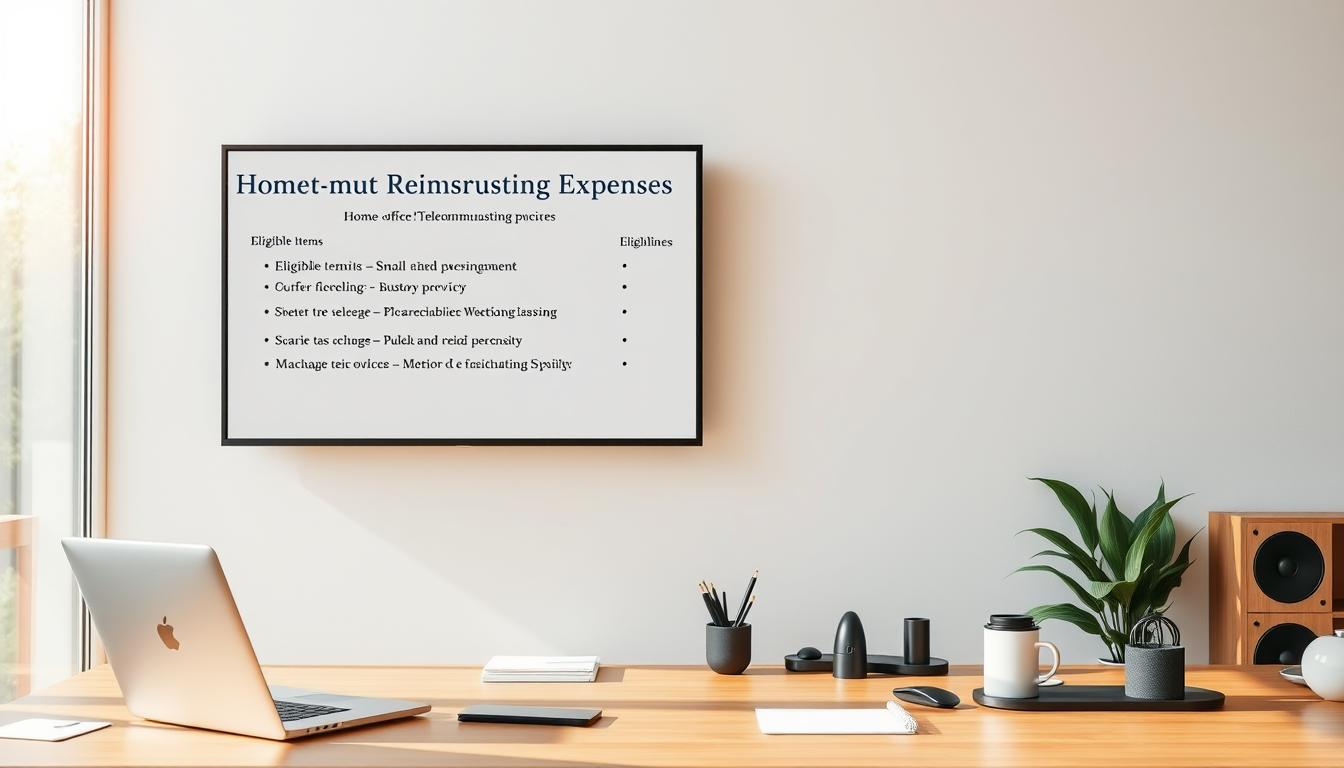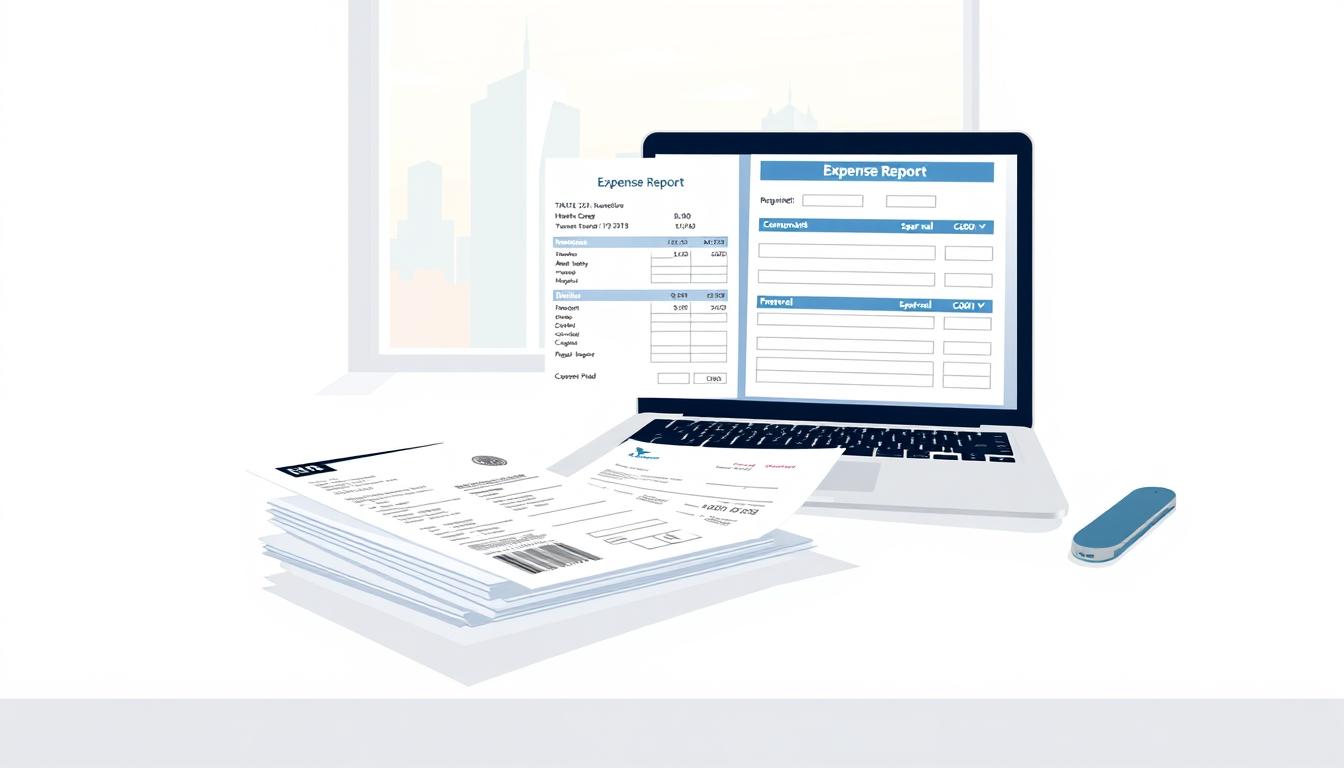Did you know that companies in the United States spend billions of dollars on employee meal expenses annually? With such a significant expenditure, it’s crucial for employees to understand their company’s meal reimbursement policy to ensure they’re correctly reimbursed for their expenses.
A well-structured reimbursement policy not only helps employees but also aids companies in maintaining transparent and efficient financial processes. Understanding what’s eligible for reimbursement and the claim process can make a significant difference in avoiding confusion or missteps.
By familiarizing themselves with their company’s guidelines, employees can ensure they’re taking advantage of the meal allowance guidelines and following the proper procedures for submitting claims.
Understanding Meal Allowance Reimbursement Corporate Policies
Employers and employees must both comprehend the nuances of corporate meal allowance reimbursement policies in order to efficiently manage business expenses. These policies specify the range of allowable expenses in addition to the steps for reimbursement of meal expenses.
Purpose of Meal Reimbursement Policies
Ensuring fairness and transparency in the payment of employees for meal expenses incurred during business operations is the main goal of meal reimbursement policies. This covers client meetings and business travel.
Types of Corporate Meal Expenses
The cost of business meals, such as those with clients, coworkers, or business associates, can vary greatly. Both employers and employees must be aware of what is considered a legitimate meal expense.
Legal and Tax Considerations
Policies pertaining to meal reimbursement are heavily influenced by legal and tax issues. To prevent any tax repercussions, employers must adhere to tax laws and make sure that meal expenses are accurately recorded.
Businesses can establish efficient meal allowance reimbursement policies that benefit both the company and its employees by being aware of these factors.
What Qualifies for Meal Reimbursement
Businesses have strict policies about what meal expenses can be reimbursed. Employees must comprehend these rules in order to properly manage their spending when traveling for work or attending client meetings.
Business Travel Meals
In most cases, meals eaten while on business are reimbursed.Breakfast, lunch, and dinner are usually covered by expense reimbursement for meals, as long as they aren’t overly expensive. Workers should save their receipts for these meals so they can include them with their claims for reimbursement.
Client and Business Meeting Meals
Reimbursement is also available for meals eaten with clients or during business meetings. It’s critical to record the meal’s goal, the attendees, and the topic of conversation.The maximum amount that each person may spend may be specified in meal allowance guidelines.
Meal Per Diem Rates
Certain businesses employ meal per diem rates, which give a daily allotment for meals according to the destination of the business trip. Because they eliminate the need for employees to retain all of their receipts, these rates streamline the reimbursement process.
Common Exclusions and Limitations
There are common exclusions and limitations, even though many meal expenses are reimbursed. Meals that are excessively costly or unrelated to business activities, for example, are usually not covered. The secret to a seamless meal reimbursement procedure is being aware of these restrictions.
| Meal Type | Reimbursable | Common Limitations |
|---|---|---|
| Business Travel Meals | Yes | Excessive expense |
| Client and Business Meeting Meals | Yes | Must be documented |
| Personal Meals | No | N/A |
The Meal Reimbursement Process
Employees must comprehend the meal reimbursement procedure in order to receive payment for their business meals. A number of crucial steps are involved in this process to guarantee that workers can effectively submit their expense claims.
Required Documentation and Receipts
Employees must present the required paperwork, such as receipts and meal expense records, in order to be eligible for meal reimbursement. Along with the meal’s business purpose, this documentation should include the date, time, place, and amount spent.
Submission Deadlines and Methods
Workers need to know when they need to submit their meal reimbursement claims. Businesses frequently have deadlines and procedures for filing claims, which could involve using paper forms or internet portals.
Digital Tools for Expense Tracking
Employees can more easily record their meal expenses and managers can approve them thanks to the widespread use of digital tools for expense tracking in businesses. The reimbursement procedure may be streamlined with the use of these tools.
Approval Process and Timeline
A manager or supervisor usually reviews the claims that are submitted as part of the approval process. Workers should be aware of the approval timeline so they can make appropriate plans and guarantee they are reimbursed on time.
Employees can successfully navigate the meal reimbursement process and get paid for their business meal expenses by using the appropriate tools and following these steps.
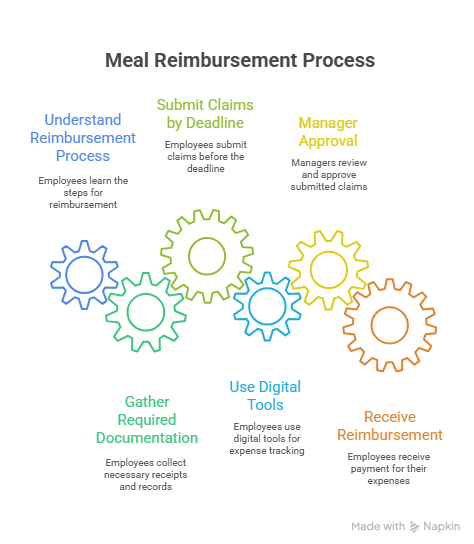
Conclusion
To ensure a smooth experience, it is essential to comprehend your company’s meal reimbursement policy. You can make sure that you receive the proper reimbursement for your meal expenses by becoming familiar with the meal allowance guidelines.
In summary, a seamless reimbursement process depends on understanding what is eligible for meal reimbursement, having the required paperwork, and meeting the submission deadlines. Don’t be afraid to ask your HR or finance department for advice if you have any queries or worries regarding your meal reimbursement.
You can easily navigate the process and receive reimbursement for your work-related meal expenses by adhering to the specified meal reimbursement policy and guidelines. This guarantees that you can concentrate on your work without worrying about out-of-pocket costs, in addition to preserving a positive and open work environment.
FAQ
What is the meal reimbursement policy for employees traveling on business?
Employees may request reimbursement for meals consumed while on business trips under the terms of the meal reimbursement policy, subject to restrictions and guidelines like the corporate dining policy and meal per diem rates.
How do I submit a meal reimbursement claim?
In accordance with the company’s meal reimbursement policies, employees must collect the necessary paperwork, such as receipts, and submit their claim using the appropriate submission method.To submit a meal reimbursement claim, employees should gather required documentation, including receipts, and submit their claim through the designated submission method, following the company’s expense reimbursement for meals guidelines.
What types of meals are eligible for reimbursement under the corporate meal expenses policy?
Subject to the corporate dining policy and the company’s meal allowance guidelines, business travel meals, client and business meeting meals, and other meals consumed while on business are all eligible for reimbursement.
Are there any limits on meal reimbursement amounts?
Indeed, as stated in the company’s meal reimbursement best practices, there are restrictions on the amount of meal reimbursement, including meal per diem rates, which differ based on the location and corporate policies.
How long does it take to process a meal reimbursement claim?
Employees can usually anticipate reimbursement within a few days to a week after submitting their meal reimbursement claims using digital tools for expense tracking, though processing times vary based on the company’s approval process and timeline.
Can I claim reimbursement for meals with colleagues or clients?
Subject to specific rules and restrictions, such as the company’s client and business meeting meals policy and meal allowance reimbursement corporate policies, meals with coworkers or clients are, in fact, eligible for reimbursement.
What documentation is required for meal reimbursement claims?
In accordance with the company’s required documentation and receipts policy, employees should preserve receipts and other supporting documentation, such as records of the meal’s business purpose, to bolster their claims for meal reimbursement.
